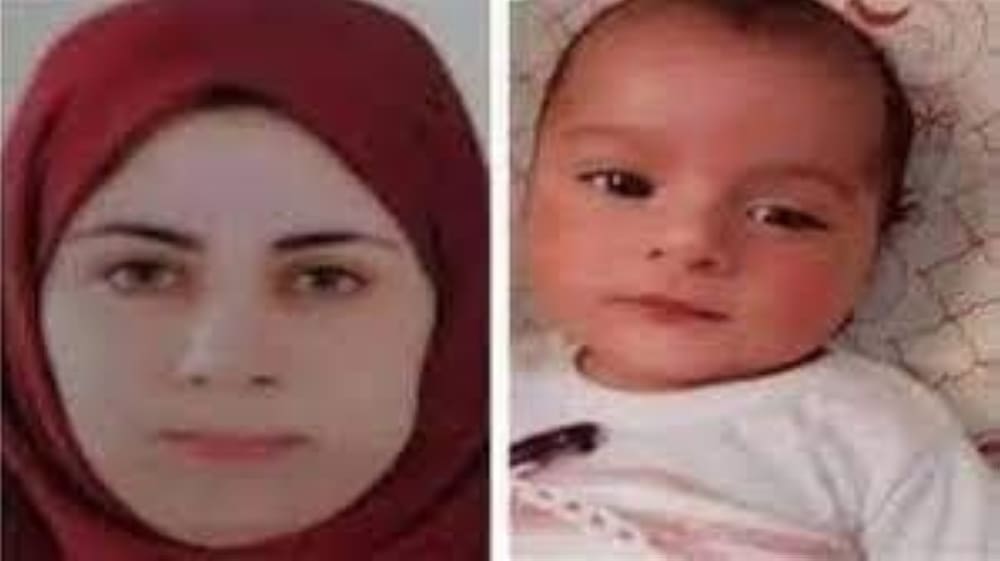A Groundbreaking Judicial Decision in Egypt: Court Exonerates Woman Who Killed and Cooked Her Son Due to Proven Mental Instability
In an unprecedented ruling, the Criminal Court of Zagazig, in Egypt’s Sharqia Governorate north of Cairo, acquitted a woman on Saturday—widely known in the media as the “Lady of Faqous”—who had been charged with murdering her son, dismembering his body, and cooking parts of it. The court’s ruling raises serious questions about the forensic procedures in the Egyptian judicial system, including concerns about non-specialized assistants contributing to forensic reports.

The Court
Hanaa Mohamed Hassan, 37, attended 13 court sessions before the court concluded that she is not criminally responsible for her actions due to her mental state. She will be committed to a psychiatric hospital for further treatment, per the court’s order.

Ahmed Hamd, the attorney for the Lady of Faqous, spoke to Sky News Arabia, describing the judgment as “historic.” According to Hamd, the court became convinced of the woman’s psychological instability and her lack of responsibility for her actions. He emphasized that his client could not have committed such a horrendous crime under a stable mental condition, especially when she had an intense love for her son, confirmed by the testimony of her ex-husband during investigations.

Significant doubts were cast on the forensic reports submitted by the prosecution. The court pointed out that non-specialized assistants had been used to compile these reports, and thus requested more specialized insight to substantiate its decision.
The case, which dates back to late April, shocked the public when the woman was arrested by the Faqous police station on charges of killing her 5-year-old son, Mohamed Saad, cutting up his body, and cooking parts of it. Initially, the prosecution had called for her execution, insisting that their investigations had proven her responsibility for her actions and negated the presence of any mental or psychological disorders.
This landmark ruling may prompt a closer scrutiny of forensic methods and mental health assessments in criminal cases within the Egyptian legal framework. It underlines the imperative need for specialized knowledge in judicial processes and emphasizes the significance of understanding mental health in legal accountability.

